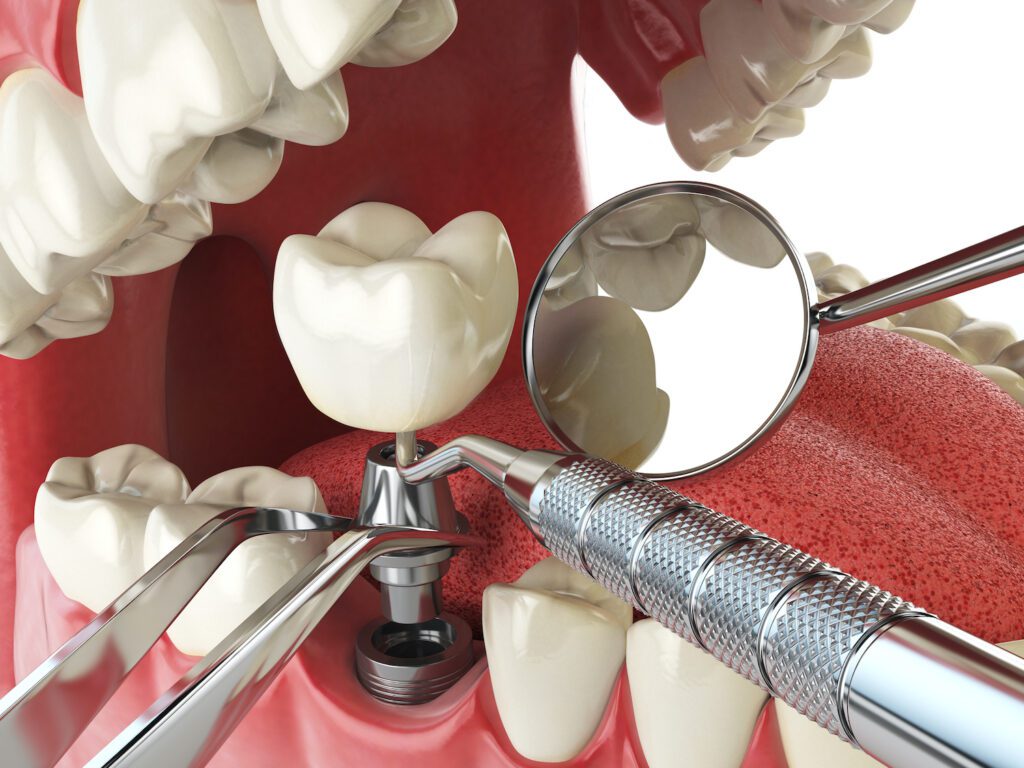Losing a tooth can affect your bite, your smile, and even your confidence. Dental implants are a great way to replace missing teeth and restore your smile, but they’re not the right choice for everyone. Before getting dental implants in Baltimore, your dentist will examine your mouth and talk to you about your goals to make sure implants are the best option for you.
If you have gum disease, bone loss, or other dental issues, you might not be ready for implants right away. But don’t worry, your dentist can treat these problems so you can still get implants in the future. Let’s break down what you need to know about dental implants and whether they’re right for you.

What Makes You a Good Candidate for Dental Implants?
You need to have a healthy mouth to be eligible for dental implants. Poor oral health is one of the main reasons implants fail. Here are some common issues that can affect your eligibility:
- Gum Disease: Gum disease can weaken the tissues that support your implants. Your dentist might recommend periodontal therapy to treat the disease before moving forward with implants.
- Bone Loss: Implants need a strong jawbone to hold them in place. You have to have enough bone density for the procedure to succeed. Your dentist might suggest a bone graft to rebuild the bone before placing the implant.
- Smoking: Smoking can harm your implants in two ways. First, the chemicals in cigarettes can damage the titanium implant. Second, the sucking motion of smoking can loosen the implant while you’re healing during the 3-6 months it takes. If you smoke, it’s a good idea to quit before getting implants.
The Importance of a Healthy Lifestyle
Your lifestyle plays a big role in the success of your dental implants. Here’s how your daily habits can impact your implant journey:
Diet: Fuel Your Healing
Eating a balanced diet is key to helping your body heal after getting dental implants. Foods rich in vitamins and minerals, like calcium, vitamin D, and protein, support bone health and tissue repair. Here are some tips:
- Calcium-Rich Foods: Milk, cheese, yogurt, and leafy greens help strengthen your jawbone.
- Vitamin D: Found in fatty fish, eggs, and fortified cereals, it helps your body absorb calcium.
- Protein: Lean meats, beans, and nuts promote tissue healing.
- Hydration: Drink plenty of water to keep your mouth and body healthy.
A healthy diet not only speeds up healing but also helps your implants last longer.
Oral Hygiene: Keep Your Mouth Clean
Good oral hygiene is essential for the success of dental implants. Brushing and flossing regularly prevent infections and keep your gums healthy. Here’s how to care for your implants:
- Brush Twice a Day: Use a soft-bristled toothbrush and non-abrasive toothpaste.
- Floss Daily: Clean between your teeth and around the implant to remove plaque.
- Regular Dental Visits: See your dentist every six months for cleanings and checkups.
Taking care of your implants is just as important as taking care of your teeth.
Avoiding Harmful Habits
Certain habits can harm your implants and increase the risk of failure. Here’s what to avoid:
- Smoking: Smoking slows healing and can cause implant failure. If you smoke, quitting before getting implants is highly recommended.
- Excessive Alcohol: Drinking too much alcohol can interfere with healing and weaken your immune system.
- Chewing Hard Objects: Avoid chewing on ice, pens, or hard candies, as they can damage your implants.
By making healthy choices, you can improve your chances of a successful implant procedure and enjoy a long-lasting smile.
Age and Dental Implants
Dental implants are a great option for many patients, but age can play a role in whether they’re right for you. Here’s what you need to know:
Are Implants Suitable for Older Adults?
Yes! Dental implants are a fantastic solution for older adults who want to restore their missing teeth. As long as you’re in good overall health and have enough jawbone to support the implant, age isn’t a barrier. In fact, implants can be a better option than dentures for seniors because they’re more stable and don’t need adhesives.
Keep in mind, older adults are more susceptible for bone loss in the jaw. Sometimes they may need additional procedures to prepare for dental implants. Your dentist might recommend a bone graft to strengthen your jawbone before placing an implant.
Can Younger Patients Get Implants?
Younger patients can also benefit from dental implants, but there’s one important factor to consider. Their jawbone needs to be fully developed before implants can be placed. For most patients, this happens by their late teens or early twenties.
If you’re a younger patient missing a tooth, your dentist might recommend a temporary option first. A bridge or partial denture can also replace a lost tooth or two until your jawbone is ready for implants.
Why Choose Dental Implants?
Dental implants are one of the most effective ways to replace missing teeth. They look, feel, and work like natural teeth, and they can last a lifetime with proper care. Implants also help preserve your jawbone and prevent bone loss.
Implants can restore lost teeth, bite, and diet for patient missing many teeth. They’re a great option for patients who want a long-lasting solution that looks real.
If you’re considering dental implants, the first step is to schedule a consultation. At Cosmetic & Advanced Dentistry, we’ll examine your mouth, discuss your goals, and help you decide if implants are the right choice for you.
Call us today at (410) 697-6290 to schedule an appointment. Let us help you take the next step to a healthier smile.
Dental implants are a fantastic way to replace missing teeth, but they’re not for everyone. By understanding the qualifications, costs, and care involved, you can make the best choice about whether implants are right for you.
